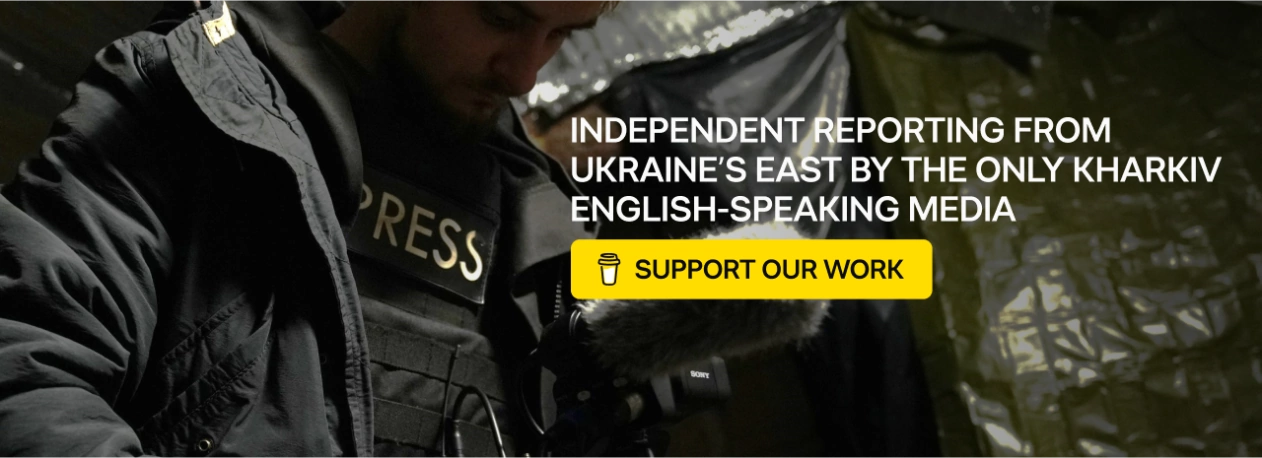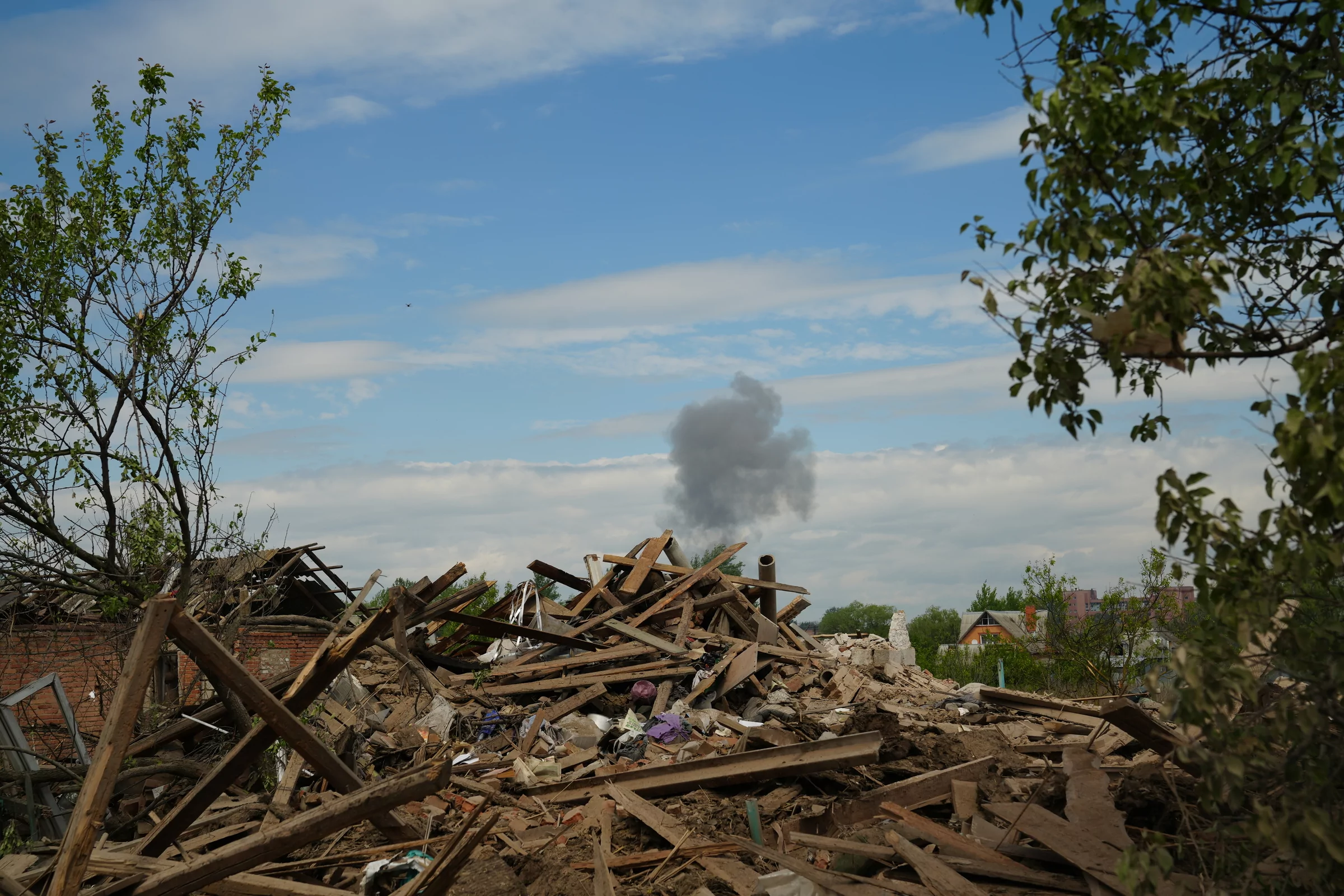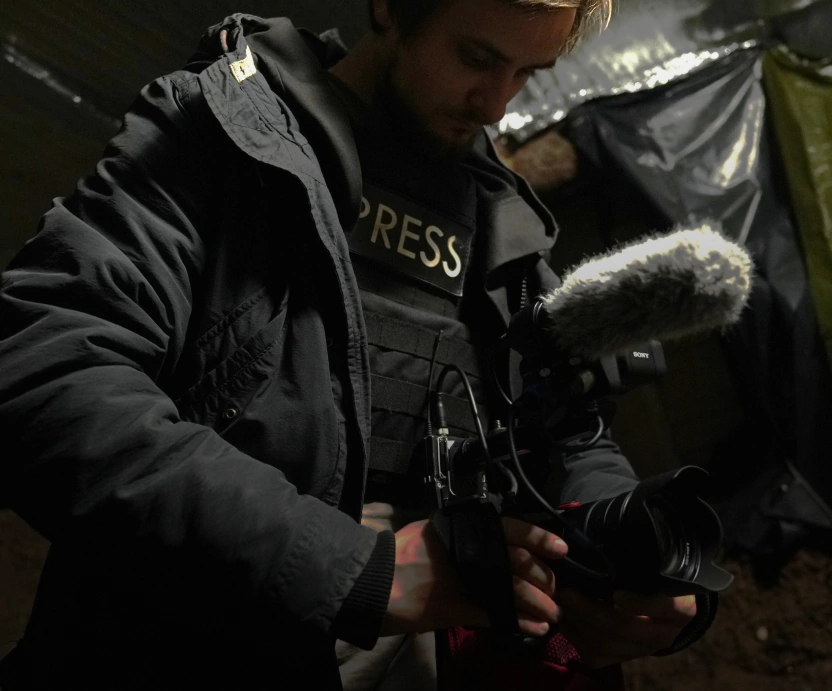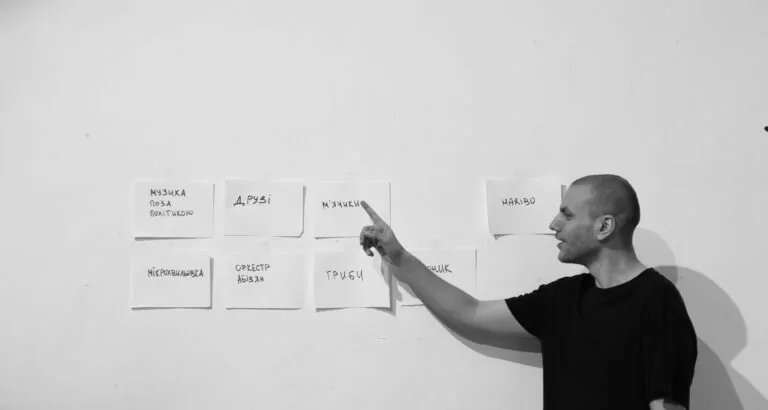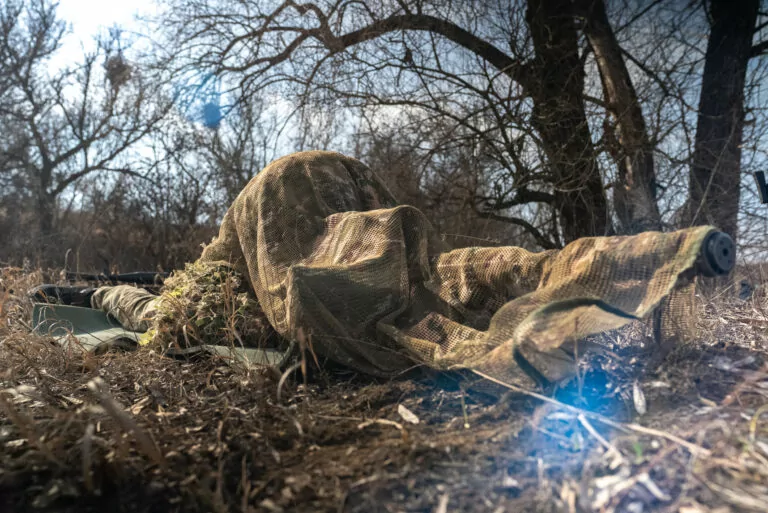UKRAINE, KHARKIV OBLAST — On May 22, the Security Service of Ukraine (SBU) detained an entrepreneur who allegedly helped the Russian intelligence agency prepare for the occupation of Vovchansk in Kharkiv Oblast. Vladyslav Abdula, the spokesman for the SBU, reported about it on his Facebook.
Vovchansk is a city 5 km (3 miles) from the state border and about 60 km (38 miles) from the region’s center, Kharkiv. Previously occupied for more than six months and liberated by the Ukrainian army, it’s currently contested between Russians conducting their new ground offensive and Ukrainians repelling it.
Kharkiv region authorities reported on May 19 that Ukraine controls 60% of Vovchansk. Russian glide air bombs, artillery, and drone strikes almost completely demolished the city.
According to SBU, the man collected the geolocation for the Ukrainian army’s heavy artillery positions that kept Russian assault troops trying to seize Vovchansk under fire control.
Abdula says, “to get intelligence [on artillery’s positions], Russian special services engaged their informant, a local entrepreneur.” The man was allegedly surveying locations nearby the frontline, where he secretly documented coordinates of the Ukrainian military.
“He also used his colleagues and acquaintances, fishing for “necessary” information during casual conversations,” Abdula says. After getting the information, he continued, the man recorded voice instructions for Russian intelligence.
SBU reports that the data the man sent to Russian forces was to be used for further air- and missile strikes.
SBU detained the man and “implemented additional measures to protect Ukrainian forces’ positions.” SBU issued him a notice of suspicion. If found guilty by the court, he faces up to eight years in prison for dissemination of information about the Ukrainian Armed Forces.
Editor’s Note: Under the Criminal Code of Ukraine, to issue a notice of suspicion (or to notify about suspicion) means to inform a person they are a suspect in an investigation, in person (with a document), remotely (via phone call), or in absentia. The notice of suspicion doesn’t mean the person is guilty; guilt can only be established by a court after investigations and hearings.
Gwara Media was in Vovchansk, a city that’s one of the main goals of Russia’s new Kharkiv offensive, and talked to people who were fleeing their homes (or staying) under heavy bombardment. Read the field report here.
Read more
- Syrskyi: “Enemy is stuck in urban fighting for Vovchansk, suffers huge losses.”
